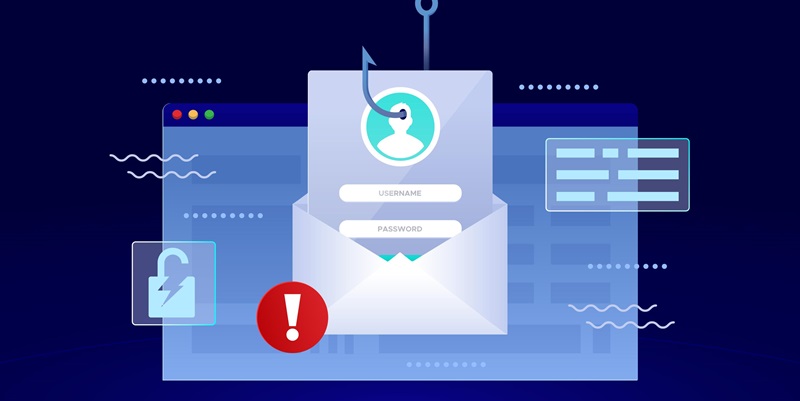Cybersecurity firm KnowBe4’s latest findings have raised grave concerns among IT professionals and business leaders alike. In its Q1 2024 Phishing by Industry Benchmarking Report, KnowBe4 unveiled that an astounding 42% of phishing attempts globally have weaponized human resources (HR) subjects to lure unsuspecting employees. These attacks exploit the trust employees place in internal departments, increasing the likelihood that individuals will prematurely engage with malicious content. This strategy taps into employees’ innate response to prioritize HR communications, leading them to act before verifying the source’s authenticity.
The Lure of Familiarity
The study’s insights reveal that the attackers’ strategy includes the crafting of emails that mimic routine HR correspondence. Payroll updates, benefits enrollment alerts, and policy changes are among the common themes used to entice engagement. Such emails often push for urgent action, further clouding the recipient’s judgment. After HR-themed lures, IT-related subjects are the second most prevalent at 30%. This points to a calculated approach by attackers, focusing on departments that employees are predisposed to trust and are less likely to question.
Phishing emails arriving with seemingly benign attachments—PDFs, Word documents, or links to purported internal sites—are the norm. Their innocuous appearance masks the dangerous payloads within. What at first glance appears to merely require a quick review or confirmation can lead to unauthorized access, data breach, or a compromised system. Employee haste to comply with ‘HR requests’ often overrides caution, leaving businesses vulnerable to the detrimental impacts of phishing.
Education as the First Line of Defense
KnowBe4’s Q1 2024 Phishing by Industry Benchmarking Report has issued a stark warning concerning phishing strategies that are affecting companies worldwide. The report highlights a worrying trend where 42% of phishing attacks are now disguised as communications from human resources departments. HR-related phishing is particularly effective because employees tend to prioritize and trust these internal messages, often reacting without scrutinizing their legitimacy. This method preys on the natural inclination to respond quickly to HR matters, thereby increasing the chances of successful deception. As such, the security firm’s findings have set off alarms amongst IT experts and business executives who realize the importance of bolstering defenses against these sophisticated social engineering tactics. Addressing this vulnerable aspect of organizational security is becoming paramount to protect sensitive information and maintain the integrity of corporate networks.

